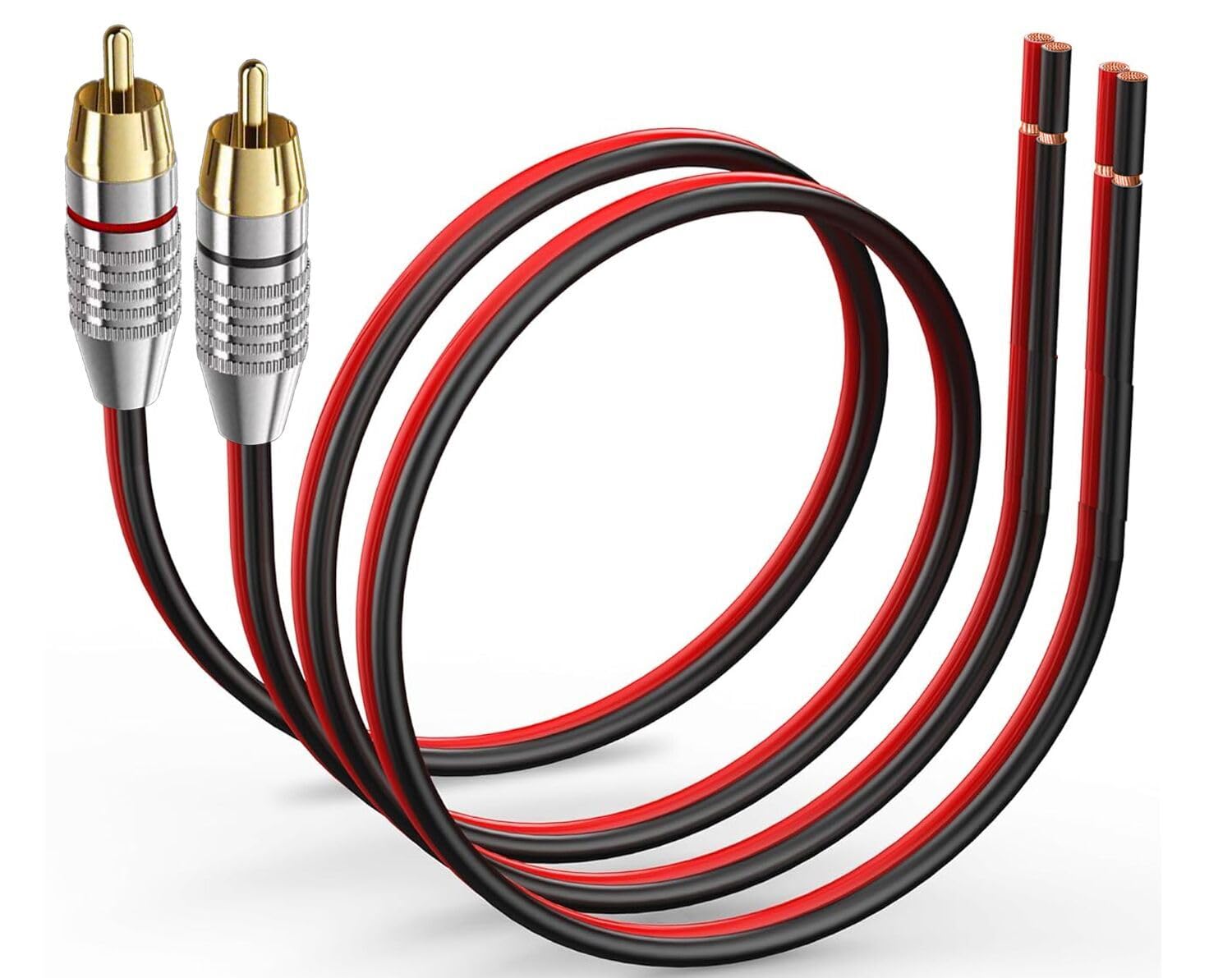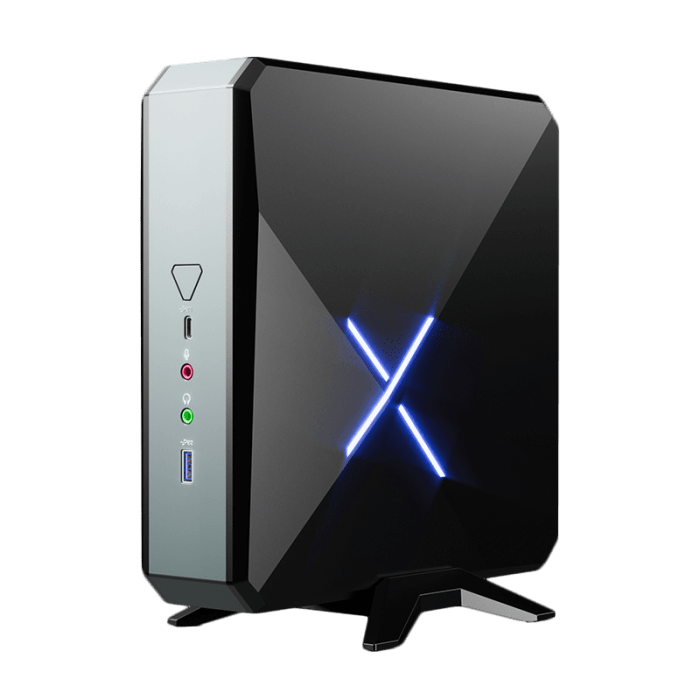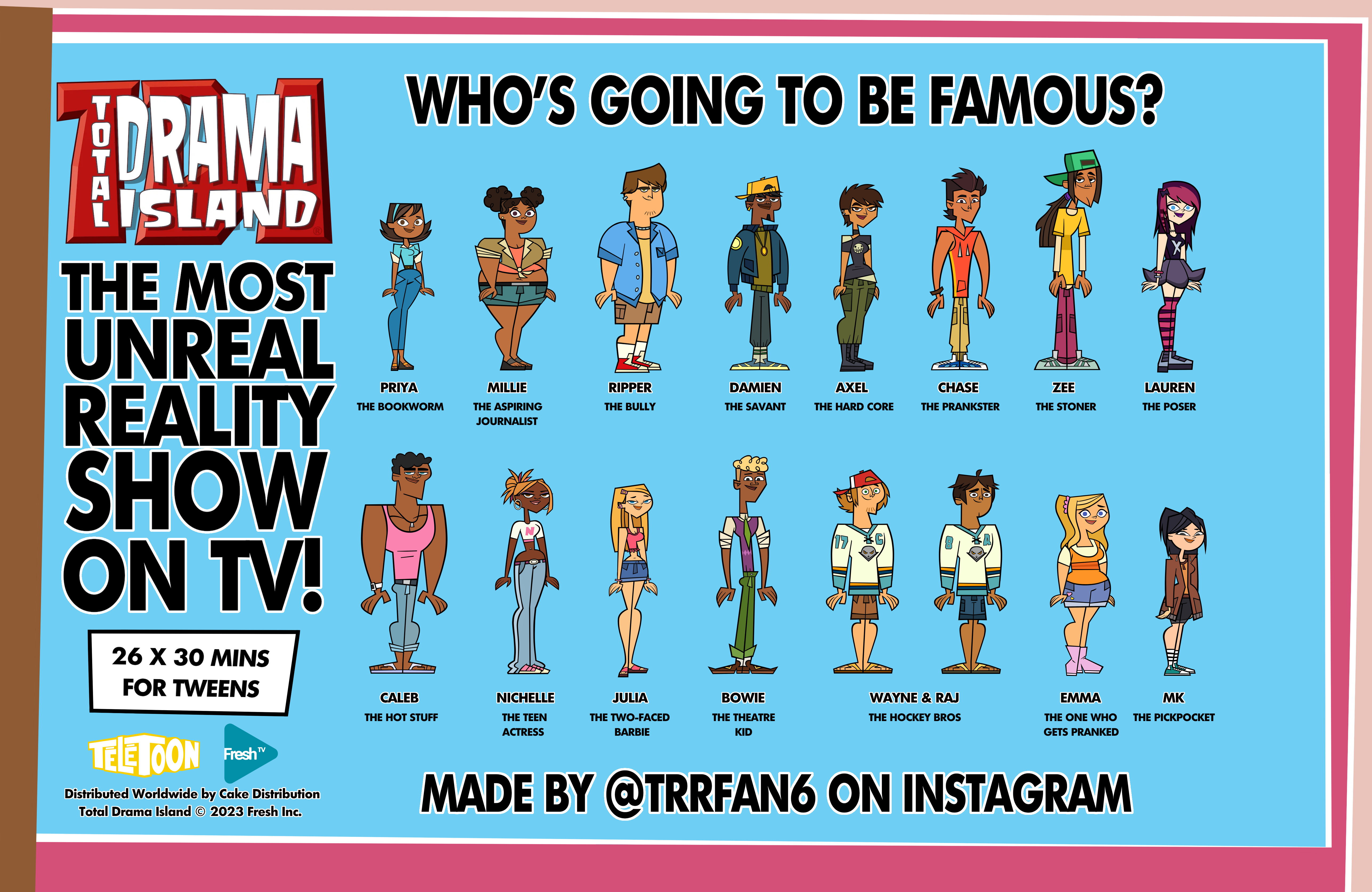In today’s fast-paced technological landscape, new terms, concepts, and innovations pop up frequently. Some gain traction and shape industries, while others fizzle out into oblivion. Among the rising terms that have piqued interest in recent years is Zeeroq. What exactly is ? Is it a product, a philosophy, or something much broader? This article will explore the multifaceted nature of , tracing its origins, current applications, and its potential impact on various sectors in the future. We will delve into its technological implications, cultural significance, and its relationship with other trends in the digital age. Sit back, relax, and prepare to understand everything you need to know about Zeeroq.
What is Zeeroq? Understanding the Concept

Zeeroq is an abstract yet profound term that has been gaining popularity in various fields, particularly in technology and digital innovation. At its core, represents the idea of “ground-zero innovation,” where established paradigms are redefined or completely broken down to make way for unprecedented breakthroughs. While it’s not tied to a single invention or platform, encapsulates the essence of disruptive innovation. The term is derived from a fusion of “zero” and “rock,” symbolizing the notion of starting from scratch (ground zero) to create something as solid and foundational as a rock.
Though Zeeroq is not yet a mainstream term, its relevance is increasing in circles discussing future technologies. It’s a conceptual framework that urges companies and creators to rethink the way they design products, services, and systems. Instead of simply building on existing technologies, the mindset promotes the idea of rebuilding from the ground up, discarding obsolete systems and methodologies in favor of revolutionary thinking. As a result, is increasingly becoming synonymous with innovation at its most fundamental level.
From software design to artificial intelligence (AI) development, the idea of Zeeroq is being embraced across multiple industries. The question is no longer how to optimize or improve existing systems, but how to dismantle and reconstruct them entirely for the future. This paradigm shift challenges the status quo, advocating for a more aggressive and open-minded approach to technological progress.
The Origins of Zeeroq: A Philosophical Approach to Innovation
To truly grasp the idea of Zeeroq, we must dive into its philosophical roots. The concept stems from a combination of existential thinking, where the “zero” represents a blank slate or beginning, and material strength, where the “rock” signifies durability and resilience. This dual symbolism underscores the idea of creating something robust out of nothing, a metaphor for disruptive innovation. pushes creators to forget conventional wisdom and start anew, approaching every challenge with a fresh perspective.
The philosophical foundation of Zeeroq can be traced back to various schools of thought, including existentialism and postmodernism. Thinkers like Jean-Paul Sartre and Friedrich Nietzsche advocated for the idea of self-determination, where individuals or societies could rebuild their identities by rejecting traditional norms. This aligns with the spirit of , where the process of reinvention is central to progress. In this way, Zeeroq becomes not only a concept related to technology but also a philosophical approach to life and creation.
In practical terms, the philosophy is reminiscent of the early startup culture that emerged in Silicon Valley. Innovators such as Steve Jobs and Elon Musk have, in many ways, embodied the mindset by pursuing ideas that completely upended the industries they entered. These figures disregarded conventional methodologies and embraced radical thinking, demonstrating how the Zeeroq approach can yield groundbreaking results. Therefore, is not just a modern concept but a continuation of historical patterns of disruptive thinking.
Zeeroq in Technology: A Ground-Zero Approach to Digital Innovation
In the realm of technology, Zeeroq is a growing concept that refers to the idea of starting innovation from scratch. In today’s world, much of technology development focuses on incremental improvements—optimizing existing platforms, enhancing software functionalities, or improving hardware design. However, the approach turns this on its head, advocating for a clean-slate methodology.
For example, in software development, the Zeeroq concept would encourage engineers not to iterate on old codebases but to design a system entirely from the ground up. This might seem inefficient or costly at first, but it can lead to more innovative solutions that aren’t hindered by the limitations of legacy systems. In AI, for instance, the mindset might push researchers to rethink the very nature of machine learning models and develop novel architectures that fundamentally differ from neural networks or deep learning frameworks.
The same goes for hardware design, where the philosophy advocates for radical rethinking. Instead of simply upgrading processors or enhancing existing materials, a Zeeroq-inspired approach might involve completely novel concepts like quantum computing or bio-computational systems. The result is that , in technological contexts, promotes the exploration of ideas that most would dismiss as too far-fetched or impractical—until they become the next big thing.
The Role of Zeeroq in Business: Disrupting Traditional Models
Businesses today operate in a highly competitive environment, with companies constantly seeking ways to outdo their rivals and capture market share. In such a scenario, the concept of Zeeroq offers a valuable framework for disruptive business models. Traditional business strategies often revolve around incremental innovation—improving products, expanding into new markets, or offering enhanced customer experiences. However, the approach goes beyond incrementalism, suggesting that businesses should discard old strategies altogether and invent entirely new ways of operating.
This disruptive business approach can be seen in companies that have redefined their industries. Uber, for example, didn’t simply aim to improve traditional taxi services; it sought to obliterate them and create a new paradigm in transportation. Likewise, companies like Airbnb, Netflix, and Amazon have adopted the Zeeroq mindset by completely transforming the industries they entered, breaking down old systems, and building something new in their place. These companies didn’t just offer improved versions of existing services—they reinvented the way those services were delivered.
The Zeeroq mindset encourages businesses to embrace risk and think boldly. It pushes leaders to question whether their current methods are the best way to achieve success or whether a radical shift in strategy could propel their company into the future. This willingness to innovate from the ground up has become essential in today’s fast-moving market, where the next disruptive idea could come from any direction.
Zeeroq and Its Impact on Artificial Intelligence: Redefining AI
Artificial intelligence is one of the most significant technological advancements of the 21st century, but it has largely developed along a predictable path, with innovations building on existing models. The Zeeroq approach to AI suggests that we are still limited by the frameworks we’ve inherited, and that to make truly groundbreaking strides, we must start over with a fresh perspective. In AI research, this could mean questioning the fundamentals of neural networks, machine learning algorithms, and the way data is processed.
One of the key areas where Zeeroq could make an impact is how AI systems understand and interact with the world. Currently, AI systems rely heavily on vast amounts of data and computational power to perform tasks, but they cannot often think in abstract or novel ways. A Zeeroq-inspired approach could push researchers to develop AI systems that operate more like human brains, using fewer resources but thinking in more innovative ways. This could lead to breakthroughs in areas like general AI, which has so far remained elusive despite significant advancements in narrow AI applications.
Another potential application of Zeeroq in AI is in ethics and decision-making. Current AI systems often struggle with making ethical decisions, as they are typically programmed based on human-defined rules and limitations. However, by applying Zeeroq principles, researchers could develop AI systems that can rethink these ethical frameworks from the ground up, offering new ways of understanding and responding to moral dilemmas. This could be especially important as AI becomes more integrated into society, taking on roles in healthcare, law enforcement, and governance.
The Cultural Influence of Zeeroq: Changing How We View Progress
Beyond technology and business, Zeeroq also has a cultural dimension that speaks to broader societal shifts. In many ways, the concept of Zeeroq mirrors the cultural movements of the 21st century, where traditional norms and structures are being challenged, questioned, and, in some cases, dismantled. The Zeeroq approach encourages individuals and communities to break away from long-held assumptions and to create new systems that are better suited to contemporary needs.
In the arts, for example, the Zeeroq philosophy can be seen in movements that reject classical forms and embrace more experimental, avant-garde styles. In literature, music, and visual arts, creators are increasingly moving away from the constraints of established genres and embracing a more fluid, boundary-pushing approach. This reflects the Zeeroq mindset of starting fresh and building something unique, rather than simply iterating on past works.
On a societal level, Zeeroq also influences how we view issues like politics, economics, and social justice. The idea of dismantling outdated systems and constructing new ones resonates with movements that advocate for radical change in areas like climate action, income inequality, and human rights. The Zeeroq approach encourages not just reform but a total rethinking of how society should function in the modern world.
The Future of Zeeroq: Where Do We Go from Here?
As we look to the future, the potential for Zeeroq to shape the next wave of innovation is immense. While the concept is still relatively new, its principles are already being applied in various industries, from tech startups to creative endeavors. The question is not whether Zeeroq will continue to influence the future, but how it will do so. What industries will adopt this mindset next? What breakthroughs will emerge from this approach?
One possible area where Zeeroq could have a significant impact is sustainability and environmental innovation. As the world faces growing challenges related to climate change, resource depletion, and pollution, the need for radical solutions becomes more pressing. The Zeeroq approach encourages a complete rethinking of how we produce, consume, and manage resources. This could lead to breakthroughs in renewable energy, sustainable agriculture, and circular economies that would redefine how we interact with the planet.
Another area where Zeeroq could play a transformative role is in education. The traditional educational system, with its rigid structures and standardized approaches, is increasingly being seen as outdated in a rapidly changing world. The Zeeroq mindset could lead to new models of learning that are more adaptable, personalized, and geared toward fostering creativity and critical thinking. This could revolutionize how we prepare future generations for the challenges and opportunities of the 21st century.
Embracing the Zeeroq Mindset: How Individuals Can Apply It in Their Lives
While Zeeroq is often discussed in terms of large-scale innovation and disruption, its principles can also be applied on a more personal level. For individuals, embracing a Zeeroq mindset means being willing to question long-held beliefs, discard old habits, and constantly seek new ways of thinking and doing. This approach can lead to personal growth, creativity, and the ability to adapt to an ever-changing world.
In career development, for example, the Zeeroq mindset encourages individuals to move away from the traditional idea of a linear career path. Instead of following a set trajectory, individuals should be open to reinventing themselves and exploring new opportunities that may not have existed before. This could involve learning new skills, pivoting to a different industry, or even starting a completely new venture from scratch.
In personal relationships and self-improvement, the Zeeroq philosophy promotes the idea of constant reinvention and growth. Rather than settling into comfortable routines or sticking with outdated patterns of behavior, individuals should strive to continually evolve and improve themselves. This could involve reevaluating personal goals, seeking out new experiences, or challenging oneself to step outside of one’s comfort zone.
Challenges and Criticisms of Zeeroq: Is Disruption Always the Answer?
While the Zeeroq mindset has many advocates, it is not without its critics. Some argue that the constant focus on disruption and innovation can lead to instability and uncertainty, particularly in industries that rely on consistency and reliability. For example, while the tech world thrives on rapid innovation, other sectors, such as healthcare or public infrastructure, may require more stability and long-term planning. In these cases, the Zeeroq approach could be seen as reckless or short-sighted.
There is also the question of whether constant reinvention is sustainable in the long term. Disruption can be exhausting, both for individuals and organizations. While innovation is essential, there is also value in refining and optimizing existing systems rather than always starting from scratch. Critics argue that the Zeeroq approach if taken to its extreme, could lead to a culture of perpetual disruption where nothing ever truly gets finished or perfected.
Moreover, the Zeeroq philosophy can sometimes clash with the need for tradition and continuity in certain areas of life. In cultural practices, for example, there are aspects of heritage and history that are worth preserving, even as we push for progress. Balancing the need for innovation with the importance of maintaining cultural and historical continuity is a challenge that the Zeeroq mindset must grapple with.
Conclusion: The Lasting Impact of Zeeroq
In conclusion, Zeeroq is a concept that encapsulates the spirit of radical innovation, disruption, and reinvention. Whether applied in technology, business, culture, or personal development, the Zeeroq mindset encourages us to challenge the status quo and think boldly about the future. While it may not always be the right approach in every situation, the principles of offer a valuable framework for those looking to make a meaningful impact in a rapidly changing world.
As we move into an era where technological advancements, societal shifts, and environmental challenges demand new ways of thinking, the Zeeroq mindset will likely continue to influence the next generation of innovators, thinkers, and leaders. By embracing the philosophy of starting from scratch and building something new, we can create a future that is not only more innovative but also more resilient and adaptable to the challenges that lie ahead.




